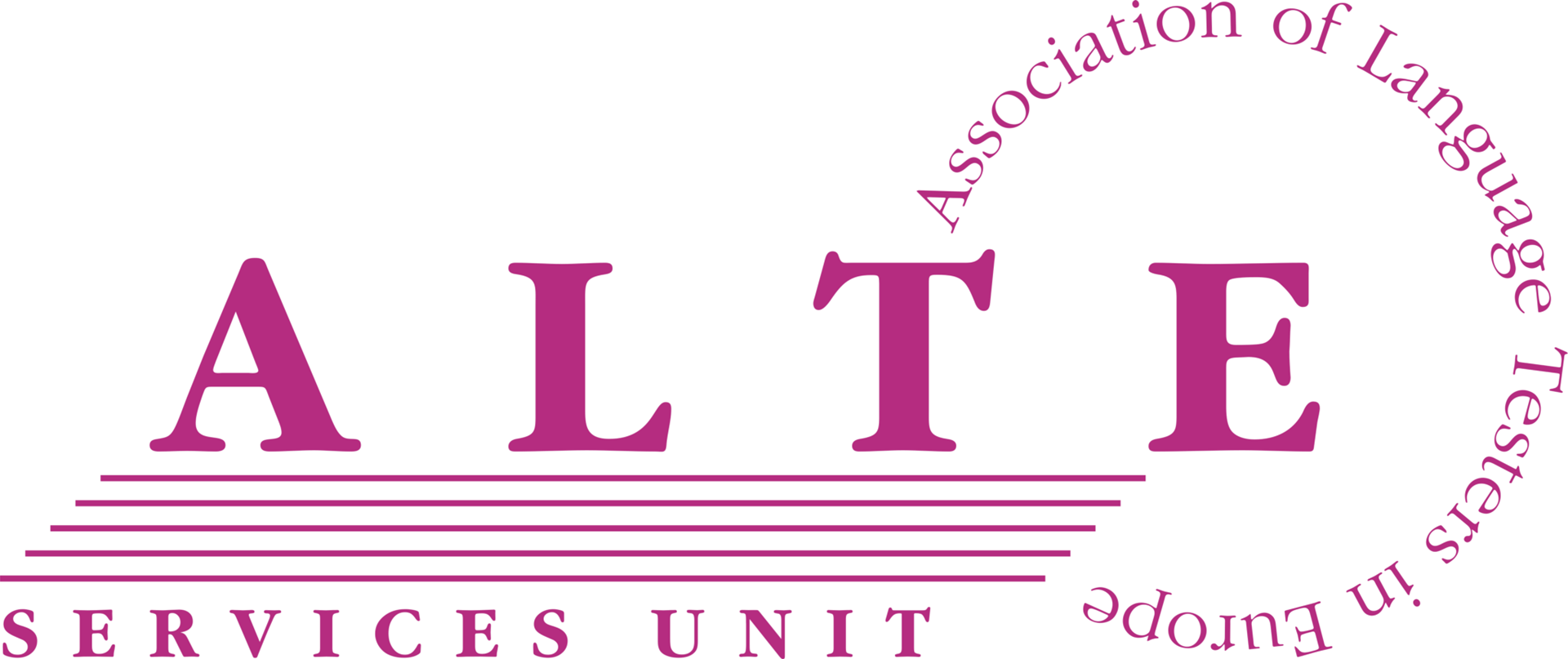courses for language testing
Developing Digital Assessments

What knowledge and/or skills will I gain from this course?
The course will focus both on the individual level of a test designer and on the level of the organisation.
At the end of the course, you will:
- be familiar with the different steps of digital language testing.
- be able to make a plan of action to get started with digital language testing.
- know what skills are needed within their team to develop and administer good language tests.
- know what change process will be needed within their organisation to move to digital language testing.
- be able to assess the feasibility of digital language testing within their organisation.
How is this course delivered?
This two-day course is delivered online via Microsoft Teams. It includes four sessions of 3 hours each.
Who is the course tutor?

The course will be presented by Bert Wylin. Bert has both an academic and a business profile. He has worked at the KU Leuven since 1993, leading the Education Innovation Centre (integrating EdTech in education). In 2001, he founded a KU Leuven university spin-off, now Televic Education, developing and servicing an e-assessment platform. Today, Bert’s focus is on the content side of e-assessment: how does technology best serve the didactic and pedagogical needs of knowledge and skills measurement and assessment?
Testimonial
"Useful for planning the next steps in our potential move to digital assessment."
When is the next course?
The next Developing Digital Assessments course will be announced soon.
How can I register?
Registration is not currently open for this course.
Expression of Interest
If you would like to express your interest in this course, or any other ALTE course, please click here.
Can several people from the same organisation join this course?
For group bookings, ALTE advises to book a maximum of three places per organisation.
How can I pay?
Full payment is required on registration. We strongly recommend that payment is made online using a Visa, MasterCard or American Express. However, if it is not possible to pay with a credit/debit card when registering, please contact the ALTE Services Unit (servicesunit@alte.org) to request an invoice with bank transfer payment instructions.